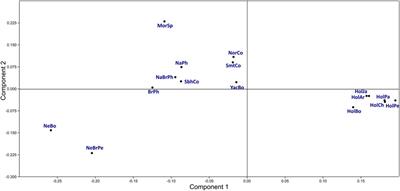ORIGINAL RESEARCH
Published on 08 Nov 2022
Structure and evolution of the squamate major histocompatibility complex as revealed by two Anolis lizard genomes
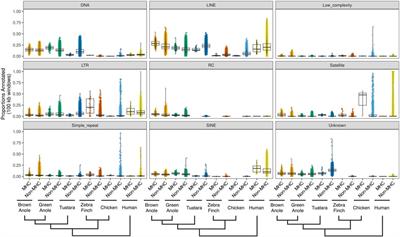
doi 10.3389/fgene.2022.979746
- 2,715 views
- 7 citations
4,966
Total downloads
17k
Total views and downloads
ORIGINAL RESEARCH
Published on 08 Nov 2022

REVIEW
Published on 02 Mar 2022
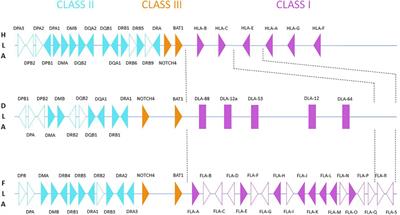
ORIGINAL RESEARCH
Published on 17 Feb 2022
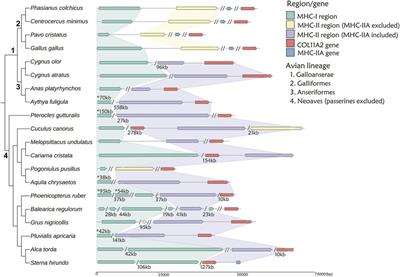
ORIGINAL RESEARCH
Published on 07 Feb 2022
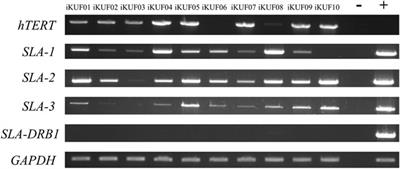
ORIGINAL RESEARCH
Published on 04 Feb 2022
